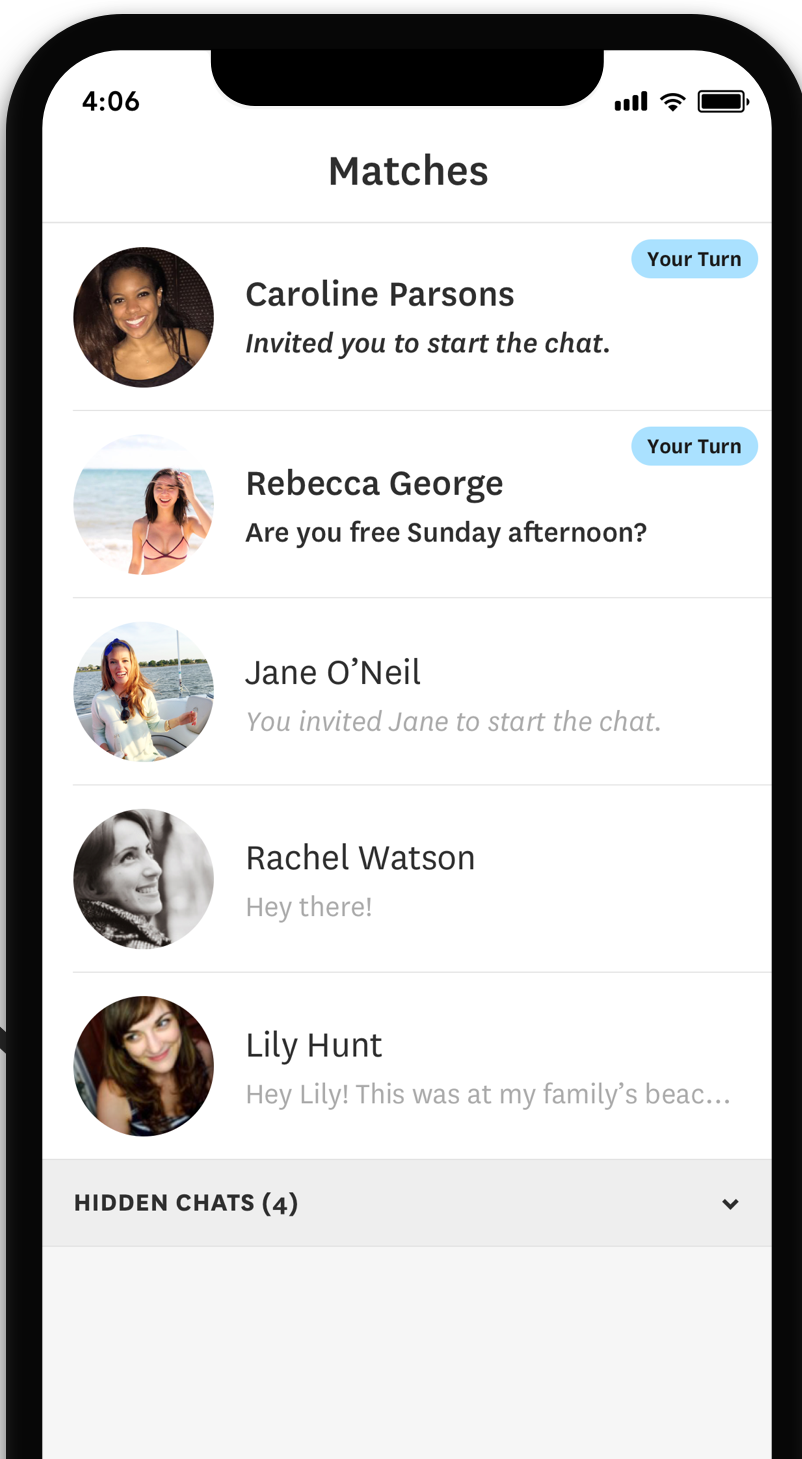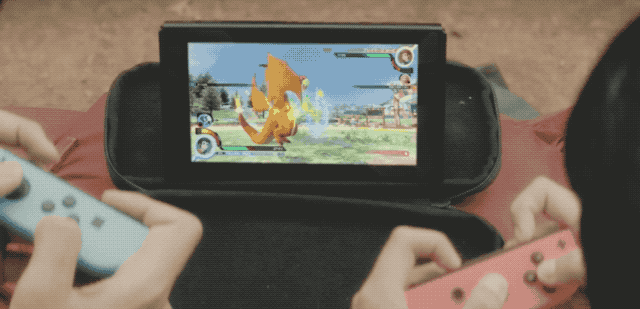Dating app Hinge rolls out a new feature to reduce ‘ghosting’
Most dating apps match users then leave it up to them to initiate their chat. When Bumble launched, however, it broke new ground by having women make the first move. Today, Hinge is introducing its own take on how conversations on dating apps should be handled with a new feature it’s calling “Your Turn.” The idea with “Your Turn” is that it lets users decide – regardless of gender – who makes the first move, and then reminds users when it’s their turn to respond.
In early tests, the company claims the feature helped to reduce ghosting behavior on its service by 25 percent.
Hinge CEO Justin McLeod explains the idea behind “Your Turn” first emerged from focus groups, where users told the company they didn’t always abandon their conversations intentionally. Sometimes, they simply lost track of people in their inbox, or, 23 percent of the time, they just “got busy and forgot.”
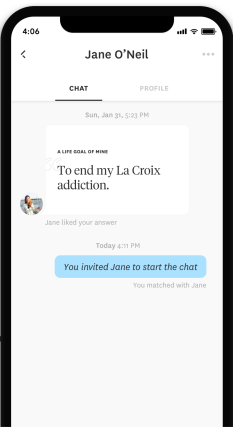 The Hinge team then developed a feature that would better flag conversations you hadn’t responded to yet. This led to the creation of “Your Turn.”
The Hinge team then developed a feature that would better flag conversations you hadn’t responded to yet. This led to the creation of “Your Turn.”
After the initial match where “Your Turn” helps get the conversation off the ground, the feature will then remind users when it’s their “turn” to respond the conversation as the chat continues.
This addresses one of dating app’s biggest problems – conversations can often start out well, but then fizzle out and are abandoned. “Your Turn” is a little nudge that someone wants to hear back.
That said, if the conversation isn’t going well, Hinge users can now choose to hide the match so they can focus on those conversation where things are going better – that is, where there’s more back-and-forth taking place. This helps to clean up the inbox without requiring users actually unmatch – something people are sometimes unwilling to do, because…well, you know…just in case.
The end result of “Your Turn” is two-fold – it reduces inbox clutter and makes it clear who’s turn it is to chat next.
Also notable is that “Your Turn” doesn’t make the choice about who should start the conversation a decision that’s based on users’ gender.
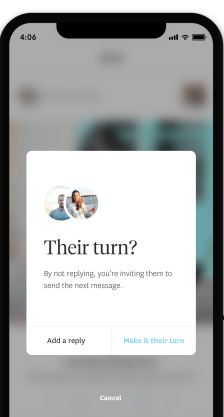 “[Hinge users said] they’re sick of the rules, the games and being forced to do things they don’t want to do – on both sides,” says McLeod. “What this does is it gives you the same benefit of the clarity in who’s supposed to start the conversation, without forcing one set of rules on you just because of your gender.”
“[Hinge users said] they’re sick of the rules, the games and being forced to do things they don’t want to do – on both sides,” says McLeod. “What this does is it gives you the same benefit of the clarity in who’s supposed to start the conversation, without forcing one set of rules on you just because of your gender.”
Hinge says it tested the feature last week in London and Washington, D.C. with tens of thousands of users and found that it decreased the number of matches that don’t lead to a conversation by 25 percent.
Of course, with just under a quarter of people saying they ghosted conversations because they got busy or forgot, that means there’s a larger majority who did the same for other reasons – they started dating someone, perhaps, they weren’t interested…or maybe they’re just a little rude.
There’s no real solution for this larger problem, though. It’s just part of dating app culture these days, and one that can inspire negativefeelingsabout the process in general.
But McLeod says other changes coming soon to Hinge’s algorithms may help on that front.
“We pay attention to those kinds of things in the algorithm,” he says, in response to a question about how apps should handle people who regularly ghost their matches.
“We’re going to be rolling out some pretty significant algorithm changes early in the new year,” McLeod notes. He says the new algorithm will pay more attention to users’ chatting behavior, and will consider things like whether the person is just matching, but not chatting, or if they’re ghosting.
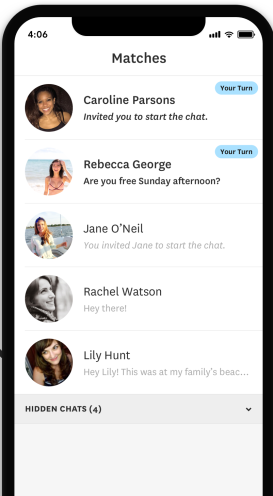
Hinge doesn’t disclose the number of users it has, but says it’s now growing at 15 percent month-over-month, with the majority of downloads from word-of-mouth. Most of its users are also college-educated, with 90 percent of the user base between the ages of 23 and 36. It has the user base doubled in the last 6 months, and it’s now setting up 100,000 dates per month (based on phone numbers being exchanged.)
The company has been known to experiment with new ideas in the past. It launched an app for friends that like to play matchmaker and tested a personal assistant service. One of its features – how users comment on individual pieces of content, such as text posts and photos – has seemingly inspired Tinder’s test of a news feed that let you react to pots of new photos or other items.
Hinge’s “Our Turn” feature goes live today in all markets, including the U.S., U.K., Canada, Australia, and India.
Published at Wed, 20 Dec 2017 16:36:37 +0000

